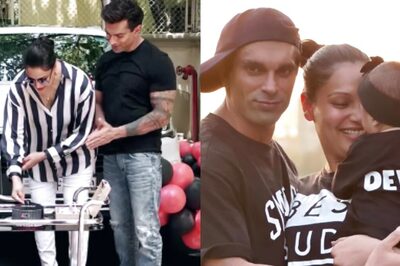
views
Tokyo: Japanese Prime Minister Naoto Kan, facing a no-confidence vote in parliament, said on Thursday he will consider resigning once Japan's efforts to recover from its earthquake and tsunami disaster take firm hold.
Kan told members of his party that he felt responsible for carrying through with leading the recovery. He made the comments ahead of a no-confidence vote in parliament submitted by the opposition that has deeply split his ruling party.
"Once the post-quake reconstruction efforts are settled, I will pass on my responsibility to younger generations," he said. "The nuclear crisis is ongoing, and I will make my utmost efforts to end the crisis and move forward with post-quake reconstruction works."
Kan, who became prime minister just a year ago, has been criticized for delays in construction of temporary housing for evacuees from the March 11 disaster, lack of transparency about evacuation information, and a perceived lack of leadership.
On Wednesday, the largest opposition group, the Liberal Democratic Party, submitted the no-confidence motion along with two smaller opposition groups.
Although his Democratic Party of Japan controls the powerful lower house of parliament, where the no-confidence motion was submitted, dozens of ruling party lawmakers have expressed concern with his leadership, creating a deep rift.
The motion and the ruling party split have further complicated Kan's efforts to unite the government behind his reconstruction plans, which involve a huge injection of funds and possibly tax increases.
The magnitude 9.0 quake and the massive tsunami that followed damaged the Fukushima Dai-ichi nuclear plant, causing the worst nuclear crisis since Chernobyl in 1986, and left 24,000 people are dead or missing. Another 80,000 residents have been forced to evacuate towns contaminated by the radiation-leaking plant.
In the 1990s, Kan was a crusading health minister who stood up to his own bureaucracy to lift the lid on a horrific AIDS scandal, but he was seen as an uninspiring prime minister even before the earthquake with a popularity rating below 20 percent.
He emerged as prime minister last June only after other leaders of his Democratic Party fell. He already is Japan's fifth leader in four years.















Comments
0 comment